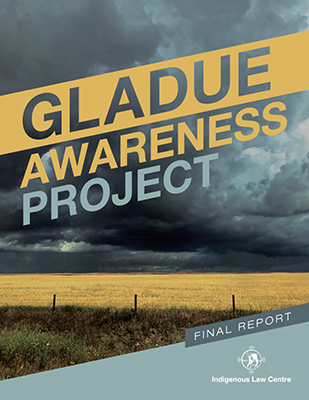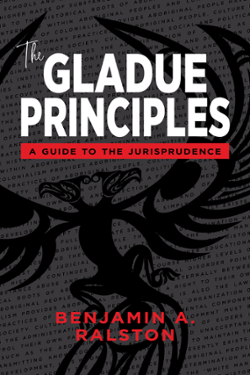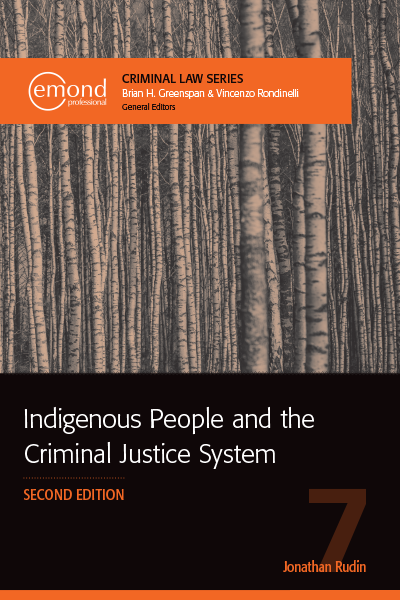 Bad Law: Rethinking Justice for a Postcolonial Canada
by
John Reilly
Bad Law: Rethinking Justice for a Postcolonial Canada
by
John Reilly
Call Number: KIB2420 .R45 2019 LAW
Publication Date: 2019
This book is the result of the years-long intellectual and personal journey of an Alberta jurist who went against the grain and actually learned about Canada's Indigenous people in order to become a public servant. "Probably my greatest claim to fame is that I changed my mind," writes John Reilly in this interrogation of the Canadian justice system. Building on his previous two books, Reilly acquaints the reader with the ironies and futilities of an approach to justice so adversarial and dysfunctional that it often increases crime rather than reducing it. He examines the radically different Indigenous approach to wrongdoing, which is restorative rather than retributive, founded on the premise that people are basically good and wrongdoing is the aberration, not that humans are essentially evil and have to be deterred by horrendous punishments. "My proposition is that the dominant Canadian society should scrap its criminal justice system and replace it with the gentler, and more effective, process used by the Indigenous people."

 Canadian Indigenous Peoples and Criminal Jury Trials: Remediating Inequities
by
Brian Manarin
Canadian Indigenous Peoples and Criminal Jury Trials: Remediating Inequities
by
Brian Manarin
 Criminal Law: Canadian Law, Indigenous Laws & Critical Perspectives
by
Benjamin Perrin, David Milward, Michelle Lawrence & Myra McCallum
Criminal Law: Canadian Law, Indigenous Laws & Critical Perspectives
by
Benjamin Perrin, David Milward, Michelle Lawrence & Myra McCallum
 The Gladue Awareness Project: Final Report
by
Benjamin Ralston
The Gladue Awareness Project: Final Report
by
Benjamin Ralston
 The Gladue Principles: a guide to the jurisprudence
by
Benjamin A. Ralston
The Gladue Principles: a guide to the jurisprudence
by
Benjamin A. Ralston
 Indigenous People and the Criminal Justice System: a Practitioner 's Handbook.
by
Rudin, Jonathan,author.; Greenspan, Brian H., editor.; Rondinelli, Vincenzo, editor.
Indigenous People and the Criminal Justice System: a Practitioner 's Handbook.
by
Rudin, Jonathan,author.; Greenspan, Brian H., editor.; Rondinelli, Vincenzo, editor.
 Swampy Cree Justice: Researching the Ways of the People
by
John G. Hansen
Swampy Cree Justice: Researching the Ways of the People
by
John G. Hansen